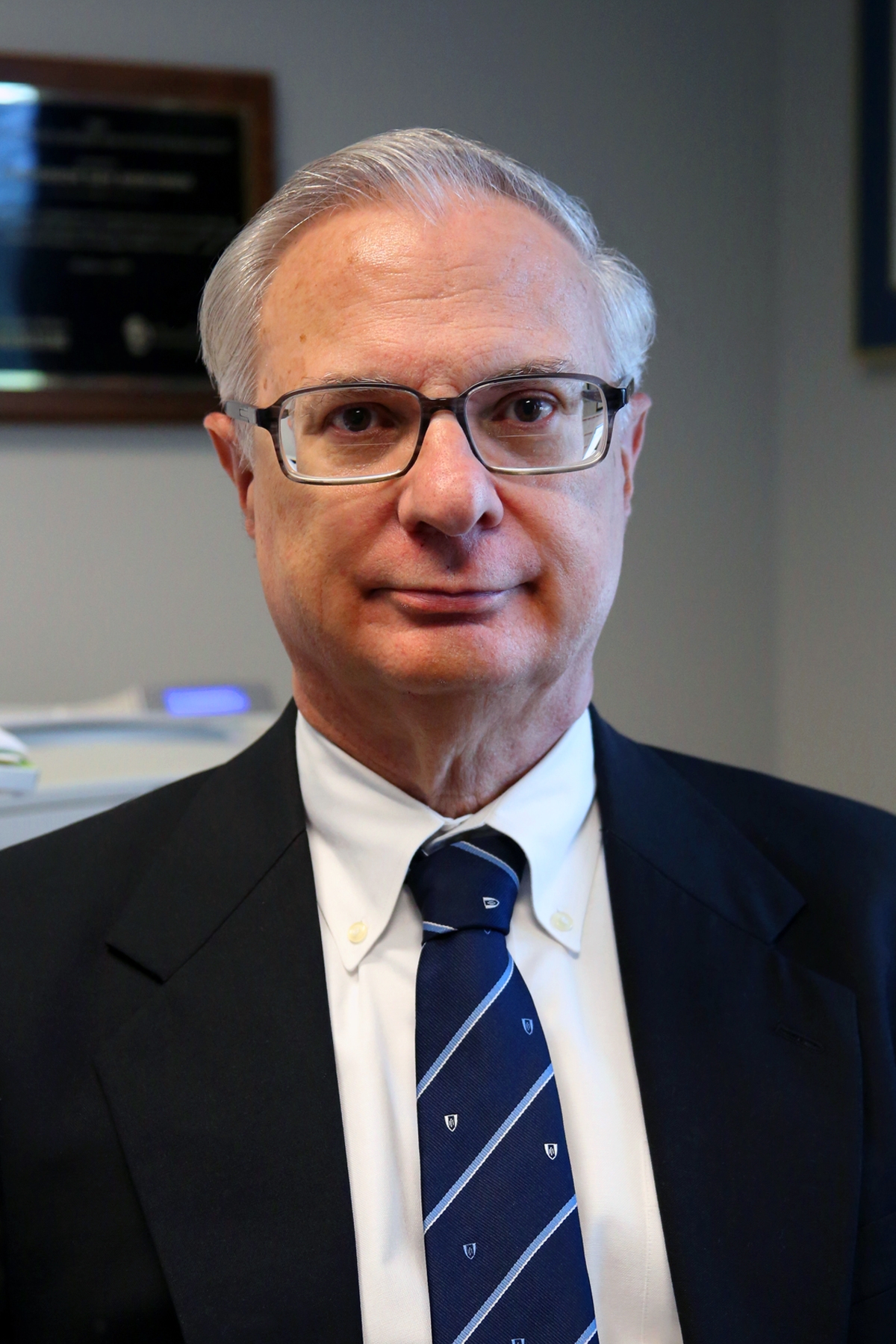Dan Siewiorek amed Director Of Quality of Life Technology Center
Byron SpiceWednesday, June 5, 2013Print this page.

SF-Sponsored Center Creates Intelligent Systems To Improve Daily Living
PITTSBURGH—Daniel P. Siewiorek has been named director of the Quality of Life Technology (QoLT) Center, a ational Science Foundation Engineering Research Center. Carnegie Mellon University and the University of Pittsburgh are partners in the center, which focuses on creating intelligent systems that improve the quality of life for everyone while enabling older adults and people with disabilities.
Siewiorek, a longtime CMU faculty member who had been acting director since the fall of 2011, was selected for the position following a nine-month national search process. He succeeds Takeo Kanade, director emeritus and professor of computer science and robotics.
"I am honored to take up leadership of the Quality of Life Technology Center as I have long been enthusiastic about the personal opportunities QoLT provides to help our older adults retain their dignity and independence," said Siewiorek, who is the Buhl University Professor of Electrical and Computer Engineering and Computer Science.
"The challenges of aging and disability are inspiring a whole cadre of interdisciplinary-minded researchers — engineers, scientists and clinicians — who are highly collaborative, well-integrated, and driven to produce QoLTs — an exciting new field of intelligent systems that will ultimately enable better quality of life for all," he added.
Siewiorek is the co-founder and former associate director of the Institute for Complex Engineered Systems. He also was director of the School of Computer Science's Human-Computer Interaction Institute and is founding chairman of the IEEE Technical Committee on Wearable Information Systems. Siewiorek has led interdisciplinary teams that designed and constructed more than 20 generations of mobile computing systems. His achievements span four decades of experience in parallel processing, computer architecture, reliable computing, design automation and more.
Siewiorek will continue to oversee the QoLT Center's Virtual Coach (VC) Testbed Systems, a new generation of attentive, personalized systems that provide cognitive assistance based on an awareness of a user's activities, contexts and abilities. These include systems that help in the rehabilitation of stroke patients, prompt memory recall for people with dementia and guide people in physical exercise.
"My wife and I watched our own parents age in assisted living and nursing homes," Siewiorek said. "We saw their health and capabilities decline firsthand. We witnessed their efforts to help each other compensate for individual shortcomings and we observed directly the enormous toll that is often placed on caregivers. Their enduring, human spirit is what originally motivated me to focus my research on creating a new breed of assistive technologies."
The Quality of Life Technology Center was founded in 2006 to explore the development of intelligent systems that augment body and mind functions, maintain health and well-being, prevent or slow decline, compensate for diminished human capabilities and enhance intact ones. In contrast to other smart devices, QoLTs are uniquely marked by emphasis on human-system symbiosis — an emerging approach to universal design that seeks to assure human and engineered components are mutually dependent and working together collaboratively toward task completion. The QoLT Center leverages state-of-the-art expertise in computation, sensing, robotics, machine learning, communication, social sciences, design and more to enable its disruptive paradigm.
Byron Spice | 412-268-9068 | bspice@cs.cmu.edu
